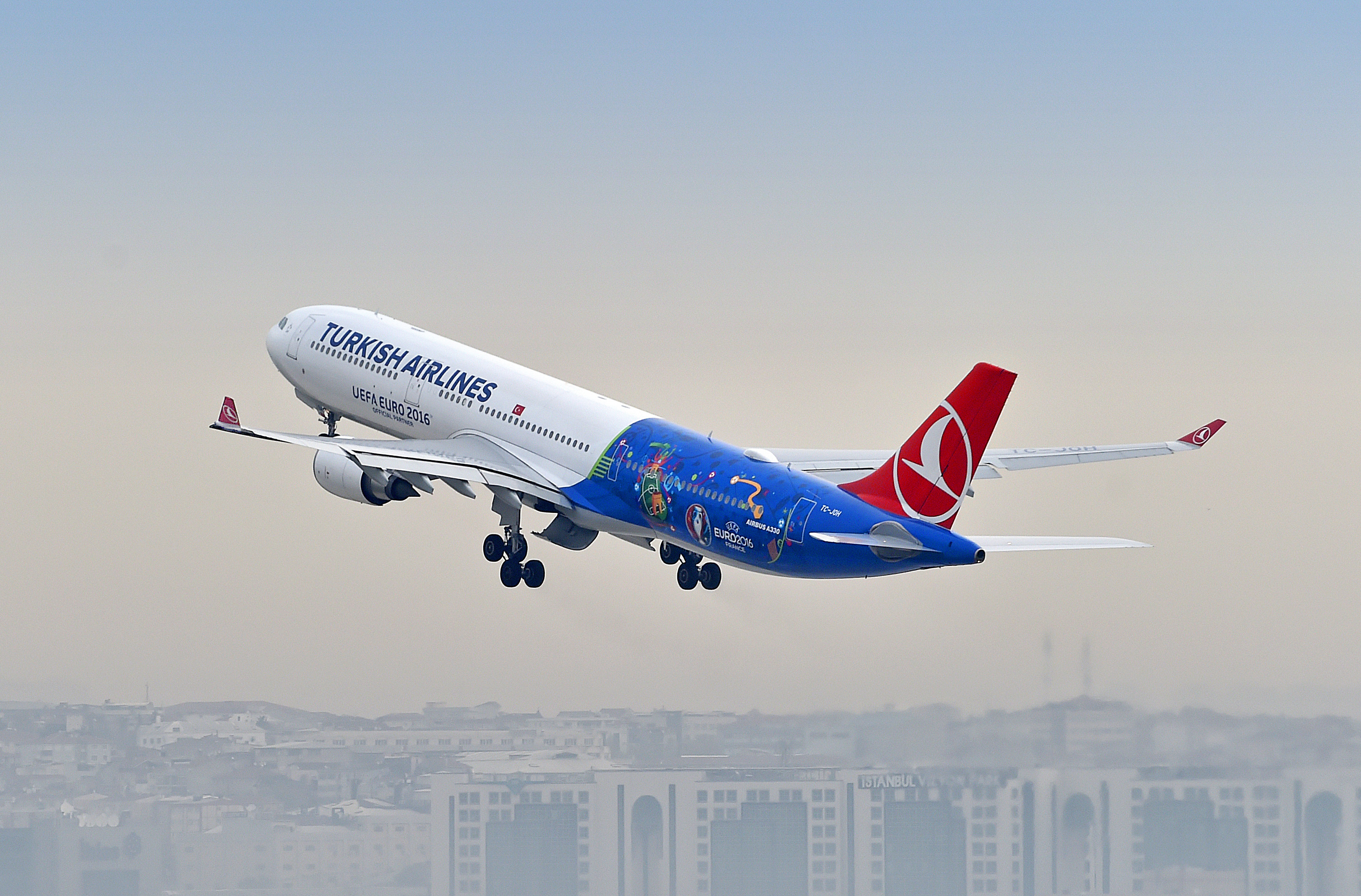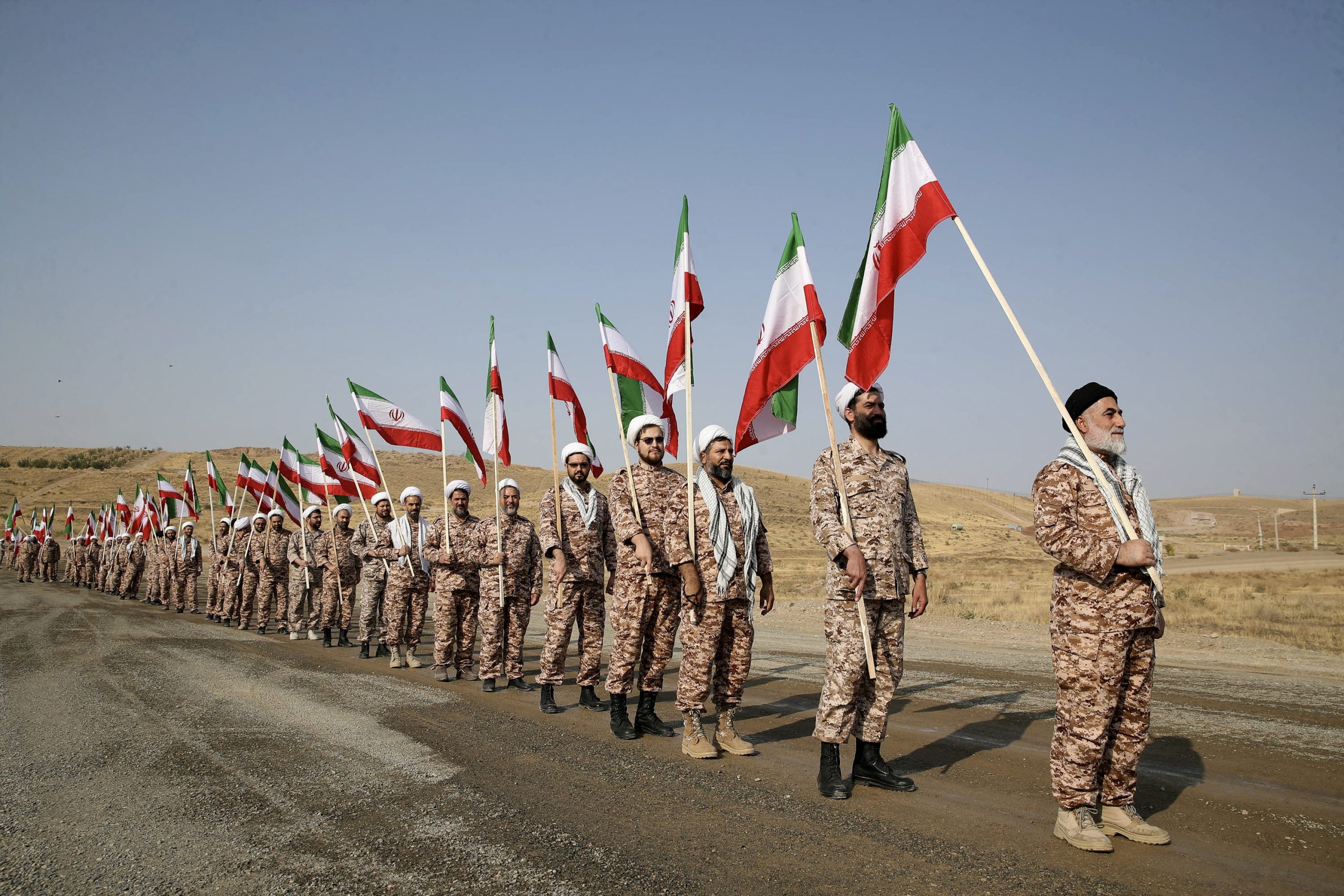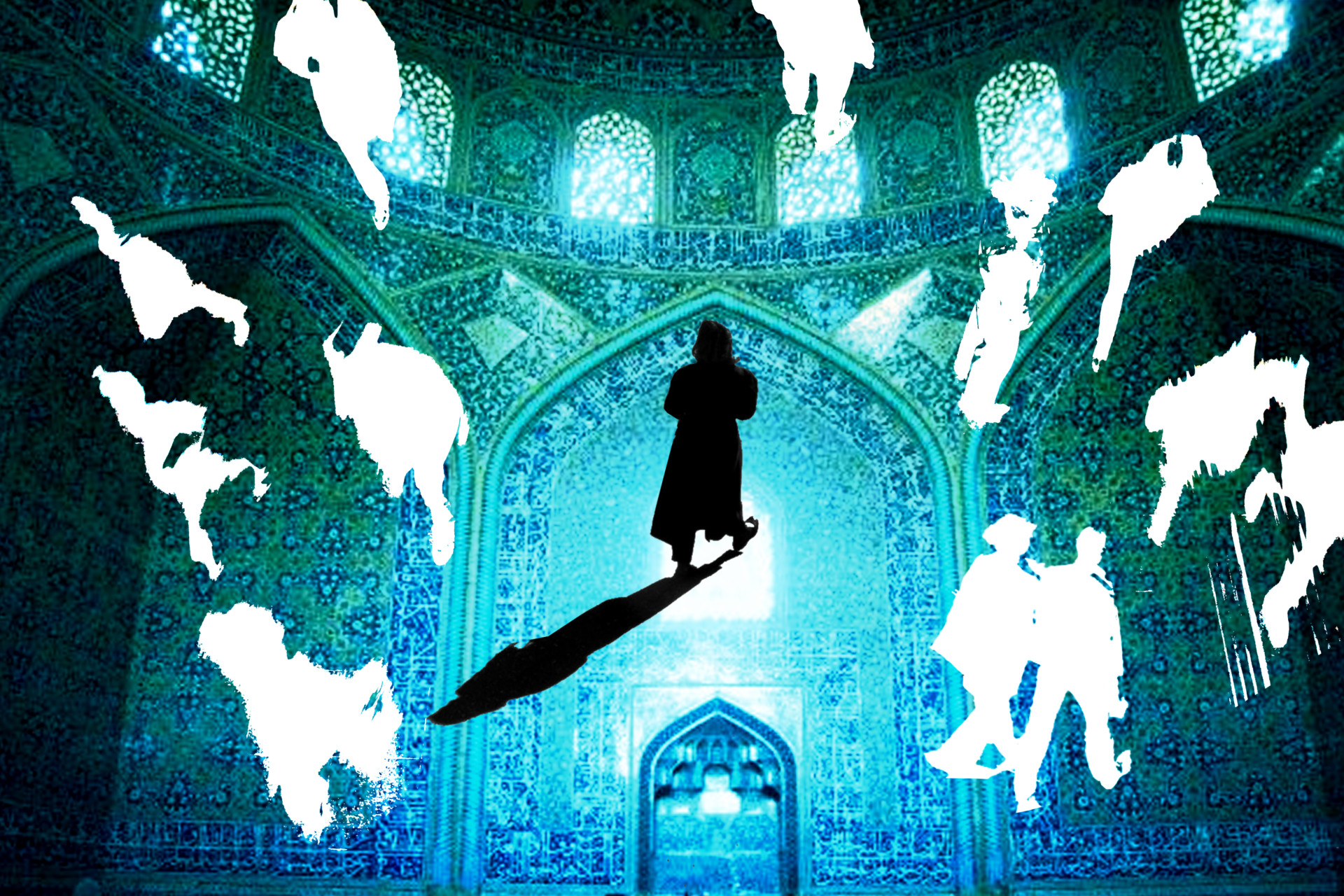Navigating The Complex Ties Between Turkey And Iran
The relationship between Turkey and Iran, two formidable powers in the Middle East, is a tapestry woven with threads of historical rivalry, strategic competition, and pragmatic cooperation. For centuries, these two nations have shaped the regional landscape, their interactions often oscillating between periods of tense confrontation and mutual understanding. Understanding the nuances of Turkish Iran relations is crucial for anyone seeking to comprehend the intricate dynamics of the broader Middle East.
From shared cultural heritage to competing geopolitical ambitions, the Ankara-Tehran axis presents a fascinating case study in international relations. While their paths have diverged significantly at times, particularly in their alliances and ideological leanings, economic imperatives and a shared interest in regional stability often pull them back towards a delicate balance. This article delves into the multifaceted aspects of their relationship, drawing on recent developments and historical context to provide a comprehensive overview.
Table of Contents
- A Historical Overview of Turkish-Iranian Relations
- The Economic Nexus: Trade and Ambition
- Geopolitical Battlegrounds: Syria and Beyond
- Navigating Regional Crises: Israel-Iran Escalation
- Turkey as a "Breathing Space" for Iran
- Points of Contention: NATO, Militias, and Strategic Divergences
- The Future Trajectory of Turkish-Iranian Dynamics
A Historical Overview of Turkish-Iranian Relations
The historical narrative of Turkish Iran relations is one of enduring complexity, marked by both periods of intense rivalry and pragmatic coexistence. For decades, these two nations have been regional rivals, with their strategic interests often clashing across various geopolitical landscapes. This rivalry is not new; it dates back centuries, rooted in the competition between empires for influence and control over vital trade routes and territories. While they have never engaged in direct, large-scale military conflict against each other in modern times, their proxy battles and diplomatic maneuvering have consistently shaped the Middle East.
Despite their historical competition, there have also been moments of cooperation, driven by shared economic interests or a common desire to maintain regional stability against external interference. Understanding this historical backdrop is crucial to appreciating the current dynamics, where ancient rivalries often intersect with contemporary geopolitical realities, making the relationship between Ankara and Tehran a constant balancing act.
The Economic Nexus: Trade and Ambition
Economic ties form a significant, albeit often fluctuating, pillar of the Turkish Iran relationship. Both nations recognize the immense potential for increased trade, despite the challenges posed by sanctions on Iran and regional instability. The figures highlight this ambition: the total trade volume between Turkey and Iran stood at $6 billion in 2023, yet both countries aim to bring that number up to an ambitious $30 billion annually. This target underscores a shared desire for deeper economic integration and mutual benefit, particularly as Turkey seeks to diversify its energy sources and Iran looks for avenues to circumvent international pressures.
However, the path to this ambitious goal is fraught with obstacles. Trade between Turkey and Iran peaked in 2012 at nearly $22 billion but has since fallen significantly. According to Turkish Trade Minister Omer Bolat, it stood at $7.4 billion in 2023, down from around $10 billion in previous years. This decline can be attributed to various factors, including international sanctions impacting Iran's economy, fluctuations in global energy prices, and the broader geopolitical climate. Despite these setbacks, the aspiration for a substantial increase in trade volume remains a key driver in their bilateral engagements, suggesting that economic pragmatism often overrides political differences in the long run.
- Men From Iran
- Darband Iran
- Turkey Iran Iraq Border
- Is Judge Jeanine Pirro Married
- Power Structure In Iran
Geopolitical Battlegrounds: Syria and Beyond
While economic cooperation offers a potential bridge, geopolitical competition, particularly in Syria, remains a significant source of tension in Turkish Iran relations. The Syrian civil war has served as a key battleground where the strategic interests of Ankara and Tehran have directly clashed, often through proxy forces and competing alliances. This complex interplay extends beyond Syria, touching upon other sensitive regional issues that underscore their ongoing rivalry.
Syria: A Key Contested Arena
Syria represents one of the most prominent arenas where Turkish and Iranian interests diverge. As the provided data indicates, Turkish policymakers are likely worried about Iranian meddling in Syria that could affect the country’s fragile transition in manners that harm Turkey’s interests. Iran has been a staunch supporter of the Assad regime, providing military and financial aid, while Turkey has backed various opposition groups and sought to establish safe zones in northern Syria. This fundamental difference in approach has led to a complex web of alliances and counter-alliances, with both nations vying for influence in a post-conflict Syria. Ankara's concerns stem from the potential for Iranian-backed militias to establish a permanent presence near its borders, as well as the impact on the Kurdish question, which is a highly sensitive issue for Turkey's national security.
Azerbaijan: Another Point of Friction
Beyond Syria, the South Caucasus region, particularly Azerbaijan, has emerged as another point of friction in Turkish Iran relations. Iranian activities in Azerbaijan since the end of the Nagorno-Karabakh war have been the subject of tensions between Iran and Turkey due to Azerbaijan's strong alliance with Turkey. This alliance, rooted in shared Turkic heritage and strategic interests, has been a source of concern for Tehran, which views increased Turkish influence on its northern border with apprehension. Furthermore, the data highlights that Turkish and Azerbaijani support of Turkish nationalist separatism in Iranian Azerbaijan had been the source of tensions between Azerbaijan, Turkey, and Iran. This refers to the historical and ongoing sensitivities surrounding the large ethnic Azerbaijani population within Iran, which Tehran perceives as a potential target for irredentist sentiments fueled by Ankara and Baku. The strategic importance of the Caspian Sea and energy routes further complicates this delicate balance, ensuring that Azerbaijan remains a sensitive area in the broader context of Turkish Iran dynamics.
Navigating Regional Crises: Israel-Iran Escalation
The broader Middle East is a volatile region, and the escalating tensions between Israel and Iran present a critical challenge that Turkey must navigate carefully. Ankara's position in such a crisis is complex, balancing its own national interests with its desire for regional stability and its relationships with various international actors. Recent events have put this balancing act to the test, highlighting Turkey's role as a key regional player.
During the recent escalation, Turkish readouts suggest that President Erdogan specifically advised both sides not to get involved in the conflict. This reflects Turkey's consistent diplomatic stance against wider regional conflagration. Furthermore, the United States notified Turkey of Israel's plans to strike Iran on Friday, a few hours before the strikes took place, two sources familiar with the matter told Middle East Eye. This indicates Turkey's strategic importance as a NATO ally and a country with significant intelligence capabilities and diplomatic channels in the region. Turkish President Recep Tayyip Erdogan on Saturday warned against a devastating war between Israel and Iran that could trigger a refugee crisis, in a series of calls. This concern for a potential refugee crisis underscores a major humanitarian and national security concern for Turkey, which already hosts millions of refugees.
The situation also revealed a surprising aspect of Turkey's potential involvement. It turns out, political analyst Vladimir Avatkov comments on the situation, Ankara, as part of its allied obligations, is going to help Israel and the West shoot down what will fly from Iran to Israel. This statement, if accurate, points to a deeper level of strategic alignment with Western powers and Israel than publicly acknowledged, particularly in moments of high alert. Indeed, Turkey has lifted its fighter jets into the air on the border with Syria in anticipation of Iranian missiles and drones, demonstrating its readiness to protect its airspace and potentially contribute to regional defense efforts. This multifaceted response illustrates Turkey's intricate role, simultaneously advocating for de-escalation while preparing for potential fallout and fulfilling its security commitments.
Turkey as a "Breathing Space" for Iran
Beyond the geopolitical competition and economic aspirations, Turkey serves a unique and often understated role for Iran: that of a "breathing space." In many ways, Turkey is a vital outlet for Iran, providing a gateway to the outside world amidst international sanctions and diplomatic isolation. This function is facilitated by Turkey's relatively open border policy with Iran and its less restrictive environment compared to many other countries.
One of the most significant aspects of this "breathing space" is the ease of travel. Turkey allows Iranians to enter the country without a visa for tourism purposes and stay for up to 90 days. This policy makes Turkey an accessible destination for Iranian citizens seeking leisure, medical treatment, or business opportunities, as well as those looking for a temporary reprieve from domestic pressures. While Turkey has not provided any official figures for arrivals from Iran, with the Turkish presidential communications office saying authorities say "there is no unusual movement, congestion or irregular crossing," the anecdotal evidence and the consistent flow of Iranian visitors suggest a steady stream. This access is invaluable for many Iranians, offering economic opportunities through trade and investment, and a cultural escape. It also subtly positions Turkey as a crucial, albeit informal, bridge between Iran and the broader international community, providing a vital conduit for people-to-people exchanges and economic activity that might otherwise be stifled.
Points of Contention: NATO, Militias, and Strategic Divergences
Despite areas of cooperation and mutual benefit, several significant points of contention continue to strain Turkish Iran relations. These divergences often stem from differing strategic alignments, ideological perspectives, and approaches to regional security. Understanding these friction points is essential for a complete picture of the complex relationship between Ankara and Tehran.
One notable point of contention arose when Iran reacted negatively to Ankara’s decision to host NATO radar systems in Malatya in 2011. This move, part of NATO's missile defense shield, was perceived by Tehran as a direct threat to its security, placing a key Western military asset on its doorstep. For Iran, this underscored Turkey's deep integration into the Western security architecture, contrasting sharply with Iran's anti-Western stance. More recently, Turkish Foreign Minister Hakan Fidan's criticism of Iranian support for militias in the Middle East highlights another persistent source of friction. Turkey views the proliferation of non-state armed groups, particularly those backed by Iran, as destabilizing forces that undermine state sovereignty and fuel regional conflicts, often impacting Turkish interests directly or indirectly.
Strategic Autonomy vs. Regional Alliances
A core tension lies in Turkey's pursuit of strategic autonomy while maintaining its NATO membership, often leading to a delicate balancing act between its Western allies and its regional neighbors. This contrasts with Iran's more rigid anti-Western stance and its reliance on a "resistance axis" of regional proxies. Turkey's strategic choices, such as its deepening ties with Azerbaijan or its independent foreign policy initiatives in Libya and the Eastern Mediterranean, are often viewed with suspicion by Tehran, which interprets them through the lens of regional power competition. Conversely, Iran's expansion of influence in Iraq, Syria, and Lebanon through its proxies is seen by Ankara as a challenge to regional stability and a potential encirclement.
The Refugee Crisis Concern
A recurring and significant concern for Turkey is the potential for a massive refugee influx stemming from regional conflicts, particularly any major escalation involving Iran. As mentioned earlier, President Erdogan explicitly warned that a devastating war between Israel and Iran could trigger a refugee crisis. Given Turkey's experience with the Syrian refugee crisis, which has seen millions seek refuge within its borders, Ankara is acutely aware of the humanitarian, economic, and social burdens such a scenario would entail. This fear acts as a powerful deterrent against regional adventurism and reinforces Turkey's calls for de-escalation, positioning it as a voice for stability in a volatile neighborhood. The prospect of a new wave of refugees from a major conflict involving Iran adds another layer of complexity to Turkish Iran foreign policy considerations, making regional peace a paramount concern.
The Future Trajectory of Turkish-Iranian Dynamics
The future of Turkish Iran relations remains a complex and evolving landscape, shaped by a confluence of internal dynamics, regional shifts, and global pressures. While historical rivalries and current geopolitical divergences persist, pragmatic considerations often compel both nations towards a degree of cooperation. The potential for a diminished Iran, whether due to internal pressures or external factors, could significantly alter the regional balance. A diminished Iran, for instance, could open space for Turkish maneuvering from Iraq to Syria to Lebanon, allowing Ankara to expand its influence in areas where Tehran currently holds sway. This prospect, while appealing to some Turkish policymakers, also carries the risk of increased competition and potential instability.
Conversely, both countries have strong economic incentives to improve ties, as evidenced by their ambitious trade targets. Turkish President Erdogan has also indicated that Turkey was accelerating its medium-term strategic plans, which likely include deepening economic and diplomatic engagements across its neighborhood, including with Iran. The challenge for both Ankara and Tehran will be to manage their competing interests in areas like Syria and Azerbaijan, while simultaneously leveraging opportunities for economic growth and regional stability. The delicate balance between rivalry and cooperation will continue to define this pivotal relationship, making its trajectory a key factor in the broader Middle Eastern geopolitical equation.
Conclusion
The relationship between Turkey and Iran is a testament to the enduring complexities of Middle Eastern geopolitics. Far from a simple dichotomy of friends or foes, it is a dynamic interplay of historical rivalries, economic imperatives, and competing strategic visions. From the ambitious targets for increased trade to the fierce competition for influence in Syria and Azerbaijan, and the shared concerns over regional stability, Turkish Iran relations are multifaceted and constantly evolving.
As both nations navigate a volatile regional landscape, their ability to manage disagreements while capitalizing on shared interests will be crucial for their own prosperity and the broader peace of the Middle East. The delicate balance they strike will continue to shape the region's future, making their interactions a subject of continuous observation and analysis. What are your thoughts on the future of Turkish-Iranian relations? Do you believe economic cooperation can overcome geopolitical friction, or will their rivalries continue to define their interactions? Share your insights and perspectives in the comments below!

Turkish Airlines Ups Baggage Allowance to Iran - TravelPress

Iran Battles Turkish Influence in South Caucasus - CEPA

Becoming Turkish-American in Iran - New Lines Magazine